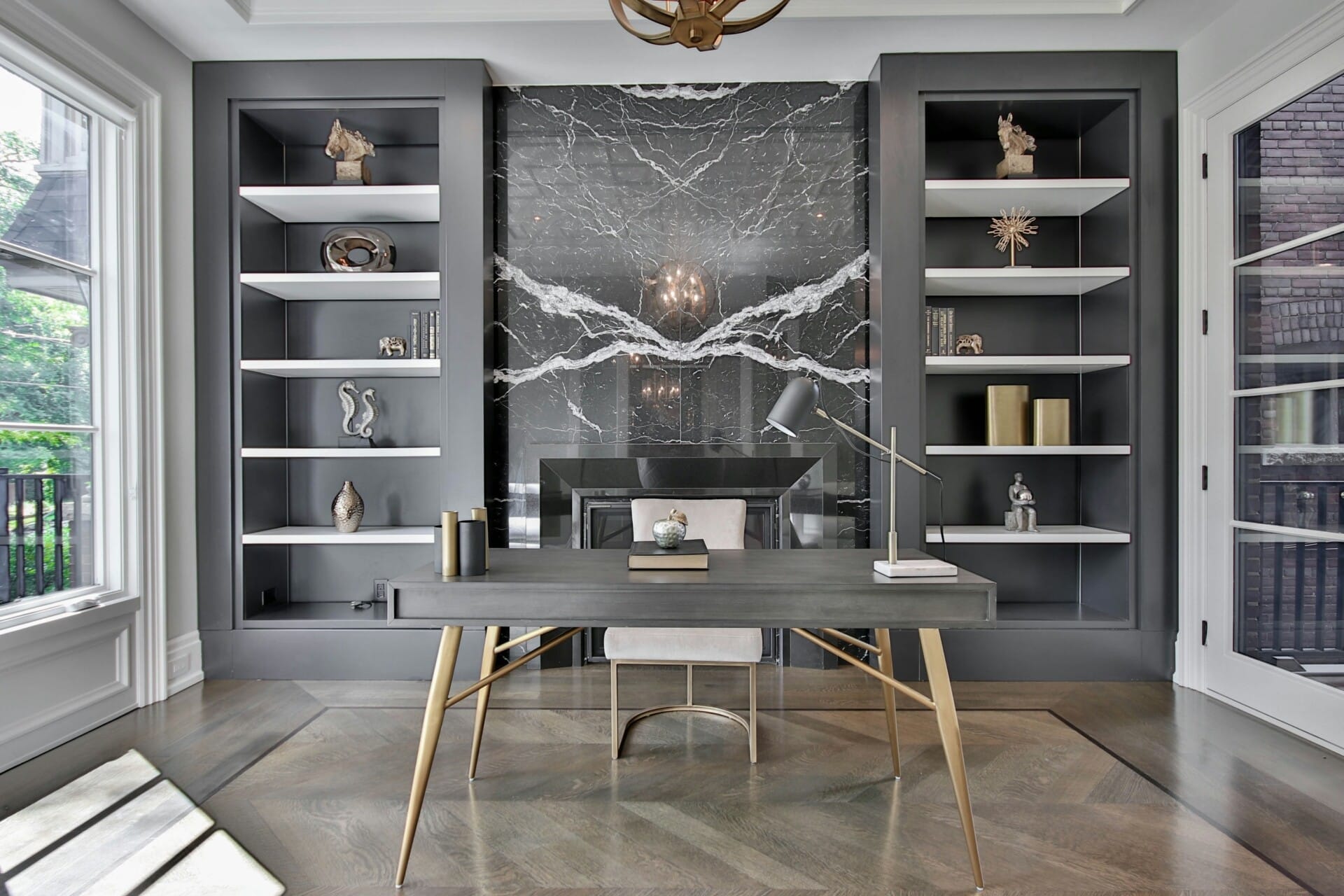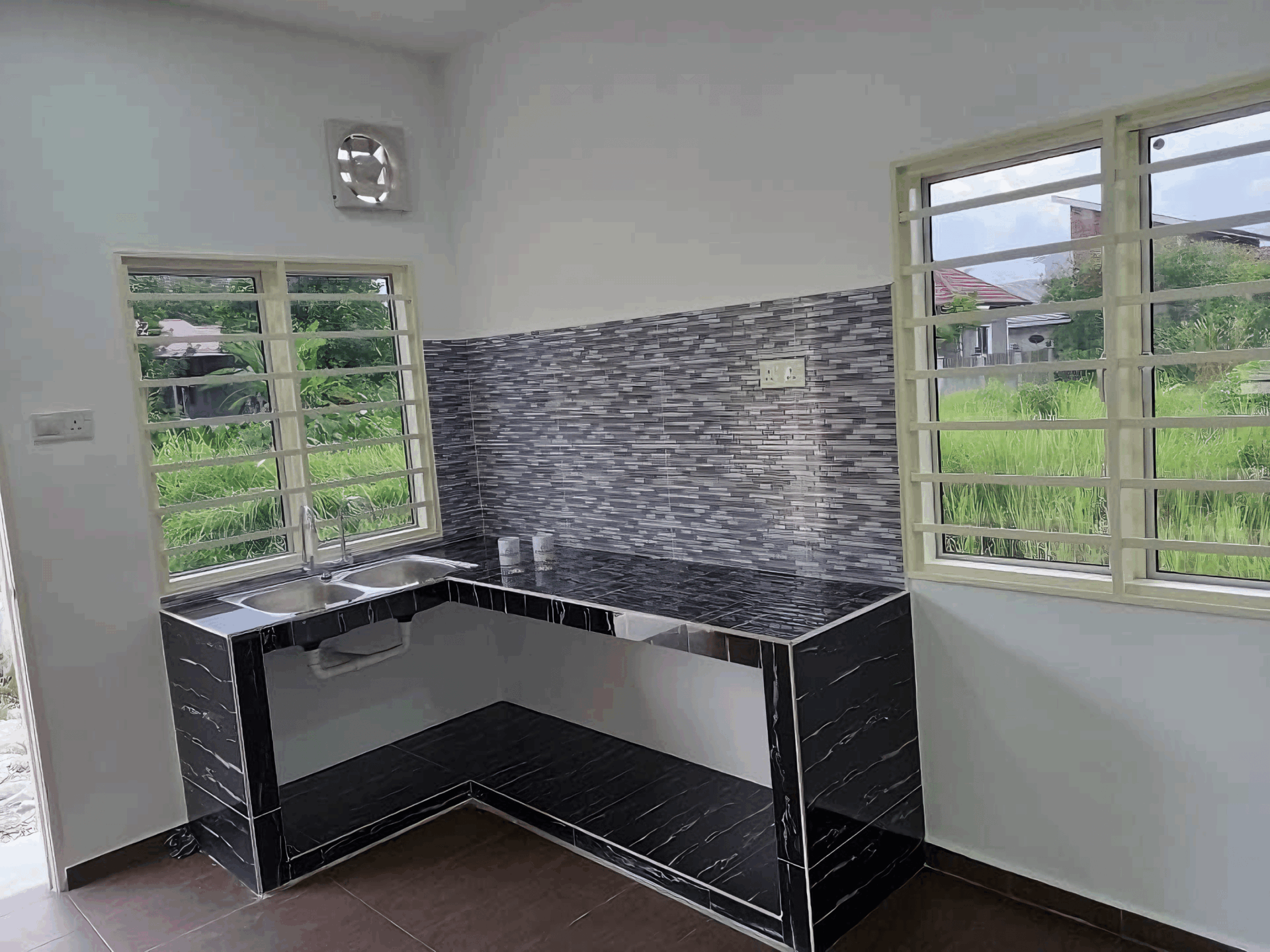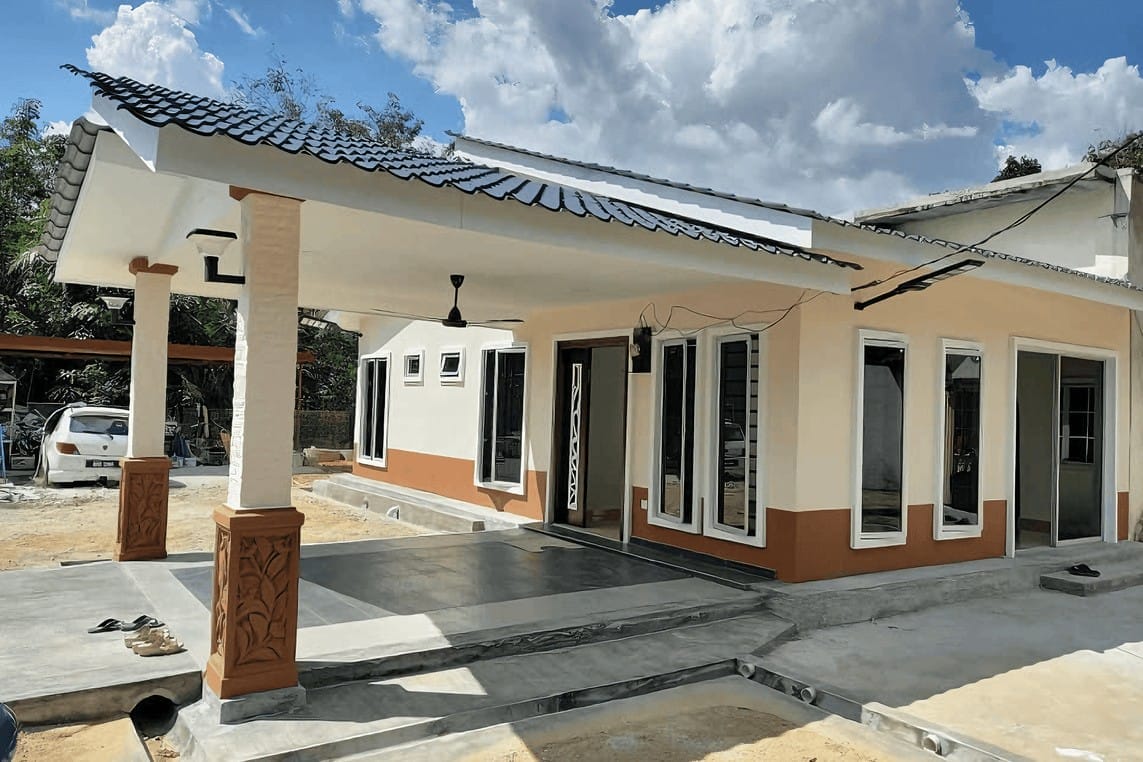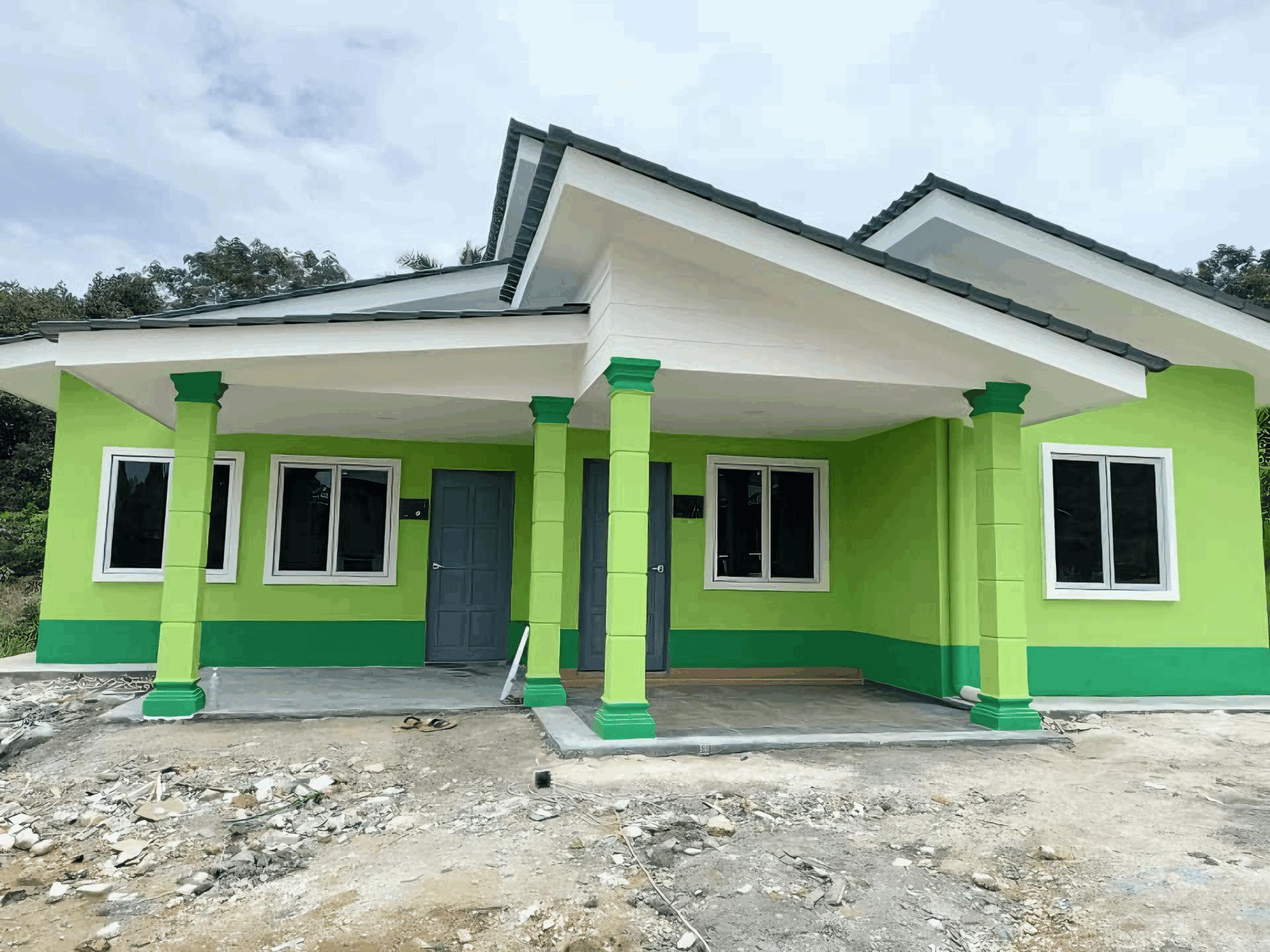When it’s time to build your dream home or revamp your commercial space, choosing the right construction company in Malaysia can feel a bit overwhelming. With so many options out there, it’s easy to get lost in a sea of promises and flashy portfolios. But don’t worry! Before you dive into a contract, there’s a roadmap to help guide your decision. Asking the right questions can make all the difference between a smooth project and a construction nightmare. So, grab a cup of kopi, take a seat, and let’s explore the 10 key questions you should ask before you hand over those precious ringgit. This will not only clear the air but also ensure you’re making the best choice for your next construction venture. Ready? Let’s get started!
Understanding Your Project Requirements
Before diving into hiring a construction company, it’s crucial to grasp the specifics of your project. Understanding your project’s goals will streamline the selection process, making it easier to find a company that aligns with your vision. Think about what you truly want to achieve—whether it’s a sleek modern home, a traditional Malaysian bungalow, or a vibrant commercial space. Clearly defining these expectations will not only guide conversations but also help in assessing quotes and timelines.
Another key aspect is budget planning. Construction projects can vary significantly in cost, depending on various factors like materials, labor, and design complexity. It’s essential to have a ballpark figure in mind before reaching out to construction companies. Consider having a financial breakdown that includes:
- Materials – Investigate options that align with your aesthetic and budget.
- Labor costs – Know the typical rates in your area.
- Permits and fees – Factor in the costs of obtaining necessary licenses.
Lastly, reflecting on your timeline is equally important. Knowing when you’d like the project to start and any critical deadlines can save you time and effort. A clear project timeline will help potential contractors provide realistic schedules. Consider creating a simple table to outline these timelines:
| Phase | Estimated Duration | Notes |
|---|---|---|
| Planning & Design | 1-2 Months | Finalizing designs and permits. |
| Site Preparation | 1 Month | Clearing and leveling. |
| Construction | 3-6 Months | Main build phase. |
| Finishing | 1-2 Months | Interiors and landscaping. |
By establishing these foundational elements, you’ll be better equipped to engage with construction companies and ensure that your project mirrors your expectations in both quality and on-time delivery.

Evaluating Experience and Specialization
When you’re checking out potential construction companies, it’s super important to dig into their experience and specialization. You don’t want to just hire anyone; you need a team that knows their stuff. Start by asking about their years in the industry. A company that’s been around for a while usually has seen all kinds of challenges and knows how to tackle them. Don’t forget to inquire about their completed projects—these can give you insight into their style and expertise.
It’s also wise to find out if they have any specific specializations. For example, some companies might just focus on residential buildings, while others excel in commercial or industrial projects. You might even want to ask for examples of their work in the specific type of construction you’re looking for. This way, you can gauge whether they truly have the skills necessary for your project.
don’t shy away from asking for references. Speaking directly to previous clients can give you a clearer picture of what to expect. Here’s a quick comparison table you can refer to when you’re chatting with different companies:
| Company Name | Years in Business | Specialization | Client Satisfaction |
|---|---|---|---|
| ABC Constructors | 10 years | Residential | 4.5/5 |
| XYZ Builders | 5 years | Commercial | 4.8/5 |
| Elite Plans | 15 years | Industrial | 4.7/5 |

Assessing Financial Stability and pricing transparency
When diving into a construction project, understanding the financial health of your potential contractor is crucial. You want to ensure they can see the project through without facing financial hiccups. Start by asking for their current financial statements. This will allow you to gauge their liquidity and overall financial health. Look out for any signs of instability, such as high debt levels or dwindling assets. A reliable contractor should be prepared to share this information, demonstrating openness and transparency in their operations.
Next, it’s essential to discuss pricing transparency. Many contractors tend to present initial quotes that might not encompass the total cost of completion. To avoid nasty surprises later on, ask them to break down their estimates in detail. This should include materials, labor, permits, and any other associated costs. When they’re transparent about pricing, it shows they value trust and clarity. You could even request a sample contract that outlines these specifics so you know exactly what you’re getting into.
it’s wise to inquire about their project financing options. A construction firm that offers flexible payment terms and financing plans can significantly ease your financial burden. Furthermore, it’s a good idea to see how they handle any payment disputes or unforeseen expenses. Consider discussing payment schedules tied to project milestones, as this can provide you some assurance that you won’t be paying funds without seeing corresponding progress. The aim is to build a partnership where both parties are protected, ensuring a smoother construction experience.
| Key Financial Factors | Importance |
|---|---|
| Debt-to-Equity Ratio | Indicates financial risk level |
| Current Assets | Shows short-term financial stability |
| Profit Margins | Reflects overall profitability and efficiency |

checking for licenses and certifications
Before you dive into hiring a construction company, it’s crucial to ensure they have all the right credentials. isn’t just a formality; it’s your safety net. A properly licensed contractor signifies that they adhere to local regulations, which can save you from potential legal hassles down the line. Make sure to ask for copies of their licenses and verify them with the relevant authorities. This could prevent unpleasant surprises about the company’s legal standing.
Additionally, certifications indicate that a construction company has undergone proper training and has met certain industry standards. Ask about their certifications such as:
- ISO certifications
- Green building certifications
- Safety management certifications
Having these certifications demonstrates a commitment to excellence and sustainability, which can be crucial for your project’s success. Don’t hesitate to ask how recent these certifications are, as rules and standards can change over time.
To make your search even easier, here’s a quick cheat sheet to keep in mind during your assessment:
| License Type | Validity Check | Importance |
|---|---|---|
| General Contractor License | Verify with local council | Legality of operations |
| Specialized Trade Certifications | Check industry websites | Expertise in specific areas |
| Insurance Certificates | Request copies | Protection against liabilities |
By doing your homework on licenses and certifications, you can confidently choose a construction company that meets your standards and requirements, ensuring a smooth building experience.

investigating past projects and client testimonials
When considering a construction company, diving into their past projects is essential. This not only showcases their expertise but also indicates their capability in handling various types of construction. Look for a diverse investment portfolio management that includes:
- Residential builds
- Commercial spaces
- Renovations or restorations
Ask to see photos or even visit completed sites if possible. This firsthand experience can offer invaluable insights into Malaysia housing trends into the quality of their work and whether their style aligns with your vision.
Client testimonials can be a treasure trove of information. A company’s reputation often speaks volumes, so dig deeper by looking for feedback on platforms like social media, Google reviews, or even local forums. Consider these critical points while reading testimonials:
- Overall satisfaction
- Communication and reliability
- Timeliness of project completion
- Quality of materials used
Don’t just take their word for it; ask the construction companies for references. Talking directly to previous clients can provide a clearer picture of what to expect.
Here’s a quick comparison of common feedback themes you might come across:
| Feedback Theme | Positive Indicators | Negative Indicators |
|---|---|---|
| Quality of Work | Exceeds expectations | Subpar finishes |
| Communication | Always available and transparent | Difficult to reach or unclear |
| Project Timeliness | Finished ahead of schedule | Frequent delays |
By evaluating both past projects and feedback from renovation contractors in Malaysia, you’ll be better equipped to make an informed decision that aligns with your construction goals.

Inquiring About Safety Standards and Protocols
When you’re considering a construction company, it’s crucial to ask about their safety standards and protocols. You wouldn’t want to compromise on safety, right? A reputable company should prioritize the wellbeing of its workers and the public. Inquire about their safety training programs and how often they conduct drills or workshops. This not only helps in reducing workplace accidents but also promotes a safety-first culture.
Another aspect to delve into is their compliance with local safety regulations. Each state in Malaysia has its own set of guidelines, and you should ensure that the construction company adheres to these laws. You can ask for documentation that demonstrates their commitment to safety. Key points to consider include:
- Safety certifications issued by recognized authorities.
- Regular site inspections by qualified personnel.
- Incident reports and how they handle emergencies.
Lastly, find out how they communicate safety protocols to their teams and subcontractors. Effective communication can prevent misunderstandings that lead to accidents. Consider asking questions like:
| Question | Importance |
|---|---|
| What is your protocol for onsite emergencies? | Ensures everyone knows how to respond quickly. |
| How often do you review and update your safety procedures? | Keeps standards current and relevant. |
| What role do subcontractors play in your safety program? | Ensures all parties are on the same page. |

Exploring Communication Practices and Project Management Tools
effective communication is crucial when working with a construction company. Before you hand over your project, it’s vital to understand how they manage communication both internally among their team and externally with you. Ask about the communication channels they prefer, whether it’s through emails, phone calls, or a project management app. A transparent approach to communication helps ensure that you’re always in the loop regarding project updates, timelines, and any potential issues that might arise.
When it comes to project management tools, clarity is key. Inquire about the software or systems they use for planning and monitoring progress. Common tools like Asana, Trello, or customized dashboards can significantly impact workflow efficiency. A company that invests in modern project management solutions is often more capable of maintaining organization and meeting deadlines. You’ll want to ensure that these tools facilitate communication rather than hinder it.
| Project Management Tools | Benefits |
|---|---|
| Asana | Task assignments, deadline tracking |
| Trello | Visual boards for project stages |
| Slack | Real-time communication, file sharing |
Lastly, don’t overlook the importance of regular updates and progress reports. Establishing a routine for check-ins can prevent miscommunication and keep everyone on the same page. It’s a good idea to clarify the frequency of these updates and what format they will take. By being proactive about communication practices and project management tools, you can set a solid foundation for a successful collaboration.

establishing clear timelines and milestones
When hiring a construction company, it’s crucial to understand how they plan to manage their timeline and milestones throughout the project. Having a clear roadmap for construction helps ensure that everything stays on track and within budget. You can get a feel for their planning skills by asking them to share their typical project timelines. A well-structured timeline can include key phases like design, permitting, construction, and final inspection.
Your prospective contractor should be able to break down the project into specific milestones, allowing you to monitor progress effectively. These milestones typically represent significant achievements in the construction process. For instance, completion of the foundation, framing, and roofing could each be key milestones. Understanding what these milestones are can provide valuable insights into the feasibility of the project’s timeline.
It’s also a good idea to inquire about their process for handling delays or unforeseen challenges. Construction projects can be unpredictable, so knowing how the company adapts and communicates about potential setbacks can help you gauge their reliability. Ensure that they have strategies in place for keeping you informed throughout the project, such as regular updates or progress meetings. Open communication is essential for project success and helps you stay engaged in the construction journey.
Concluding Remarks
So there you have it—our handy list of 10 important questions to ask before hiring a construction company in Malaysia. It might feel a bit overwhelming at first, but trust us, doing your homework now can save you loads of headaches down the road. Remember, building your dream space is a big deal, and you want to make sure you’re teaming up with the right folks. Take your time, ask lots of questions, and don’t be shy about diving deep into their previous work and values. At the end of the day, a good construction company isn’t just about bricks and mortar; it’s about trust and communication too. So go ahead and put these questions to the test. Happy building!







